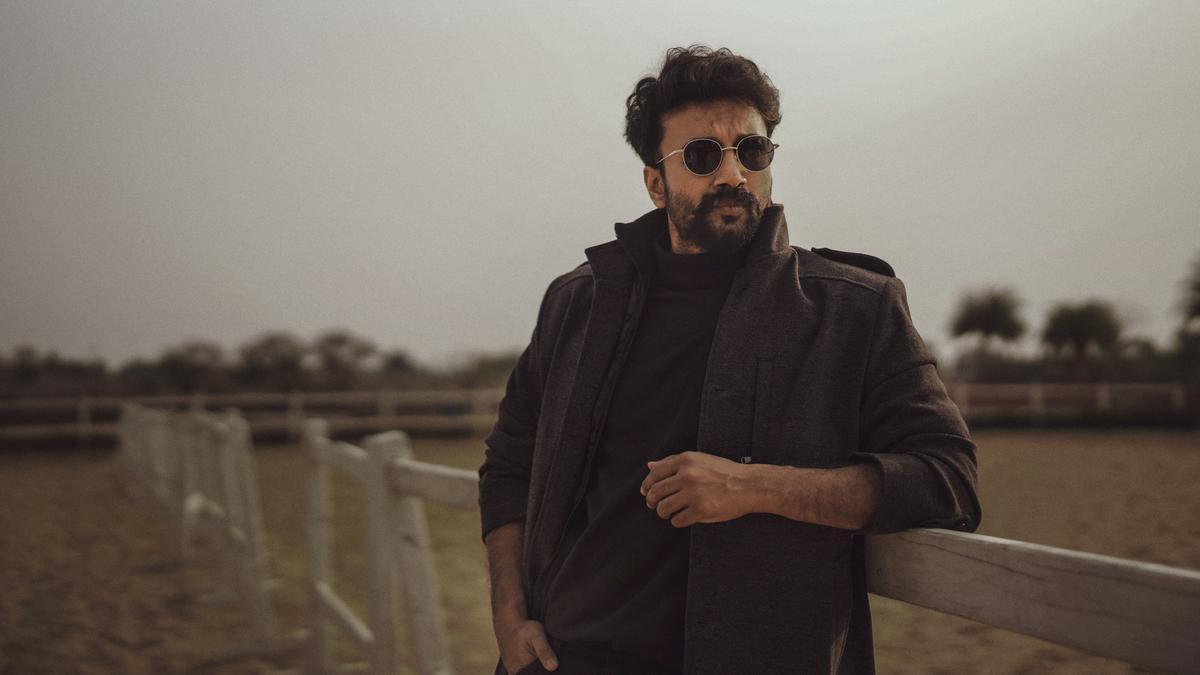
The film industry has witnessed the emergence of a powerful new narrative with the release of ‘Bastar: The Naxal Story’, a film directed by Sudipto Sen and backed by the esteemed Vipul Amrutlal Shah through Sunshine Pictures, with Aashin A. Shah serving as the co-producer. The movie, which stars the talented Adah Sharma in a pivotal role, has been grabbing the headlines and eliciting robust discussions across social media platforms for its profound impact on viewers and its unflinching depiction of controversial subject matter.
Amidst glowing reviews and an overwhelming reception from the public, a particular bit of appreciation generated a notable buzz on social media recently. A user expressed her admiration for the film’s brave approach to storytelling and its successful effort at lifting the veil on the lived realities of journalists and media establishments. This sentiment was captured in a social media post where she attached a clip from the film, lauding the creators for their bold decision to spotlight the truth without fear of holding mirrors to power structures that frequently orchestrate the dominant narratives.
The tweet read: “In a world where the media often dictates the narrative, #BastarTheNaxalStory stands out for its courage to challenge the status quo. Thank you for exposing the biases of Indian Express & #ArundhatiRoy.” This high praise underscores the film’s confrontation with biases entrenched in media and politics, a move that has undoubtedly resonated with audiences.
‘Bastar: The Naxal Story’ is more than just a cinematic experience; it is a repository of untold truths and an exposé of the dual faces of politics and journalism. The film boldly tackles the rise of the Naxal movement in India, shedding light on aspects of this complex issue that are often shrouded in darkness or half-truths. Its impact on audiences has been so profound that many reported leaving theaters visibly moved, some to the point of tears.
The imagery of standing ovations across various screenings speaks volumes about the movie’s capability to reach into the hearts of people, transcending the boundaries of mere entertainment to strike a chord with their conscience. Amongst its many vocal supporters are the Central Reserve Police Force (CRPF) Jawans, who have extended their heartfelt gratitude to the filmmakers for sharing these untold stories with the nation, enabling a collective understanding and much-needed dialogue on the subject.
The resonance of ‘Bastar: The Naxal Story’ with viewers serves as a testament to the power of cinema in advancing public discourse and shaping societal perspectives. Moreover, this cultural phenomenon comes at a time when the hunger for authenticity in storytelling is at its peak, and the thirst for conversations that challenge conventional wisdom is unyielding.
The film’s nationwide screenings have attracted varied demographics, all of whom seem to be searching for a slice of reality amidst the escapism that films often offer. It’s clear that ‘Bastar: The Naxal Story’ has successfully carved out a niche for itself, cemented not just by the stellar performances, evocative script, and adept direction, but also its reverberating courage to depict the myriad dimensions of truth.
In an era where the cinematic landscape is crowded with formulaic productions, ‘Bastar: The Naxal Story’ emerges as a poignant reminder that the medium still holds the potential to enlighten, educate, and evoke empathy. This film stands as a paradigmatic example of art imitating life, where the audience is not only a spectator but a witness to the realities that shape our world. As the film continues to screen across the nation, it invites the viewer to reflect, to question, and to reconcile with the multifaceted narratives that construct our collective history and current state of affairs.










